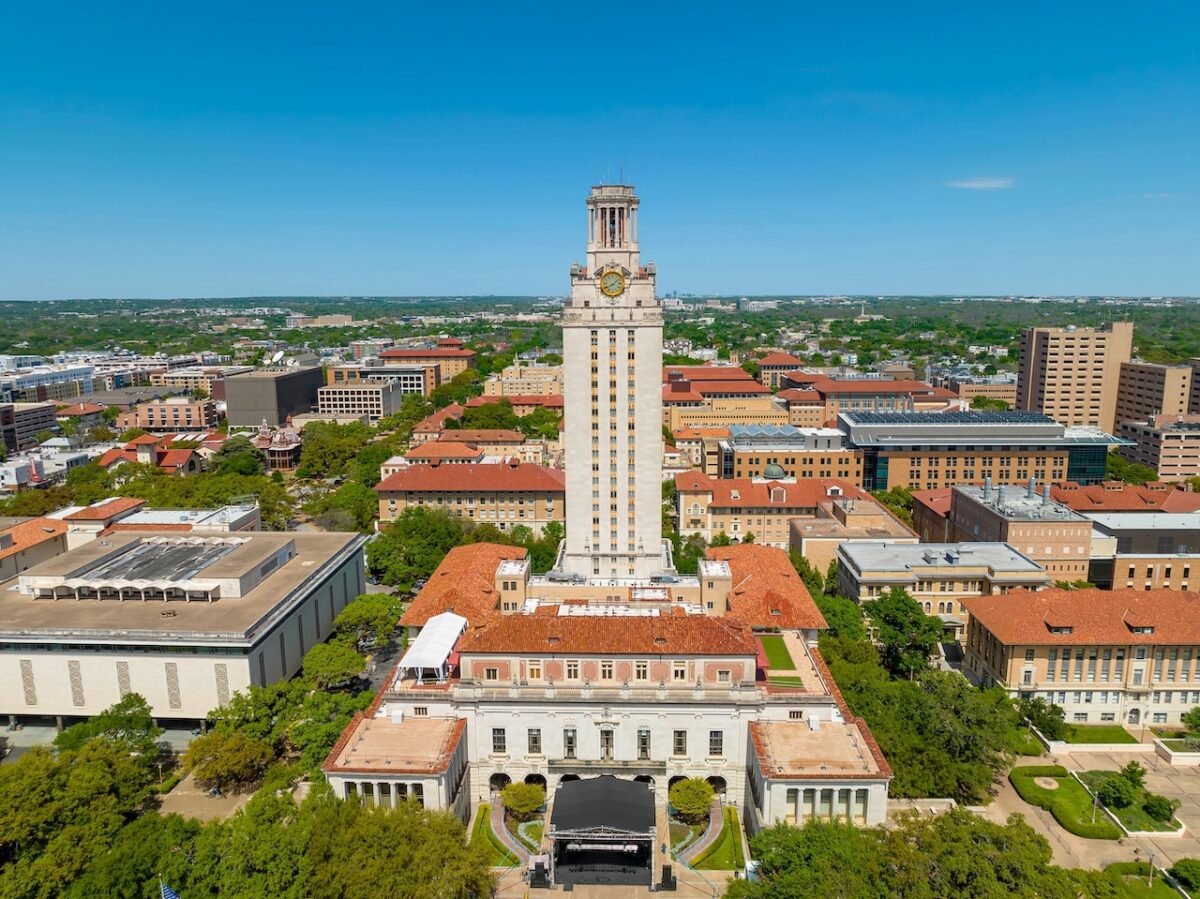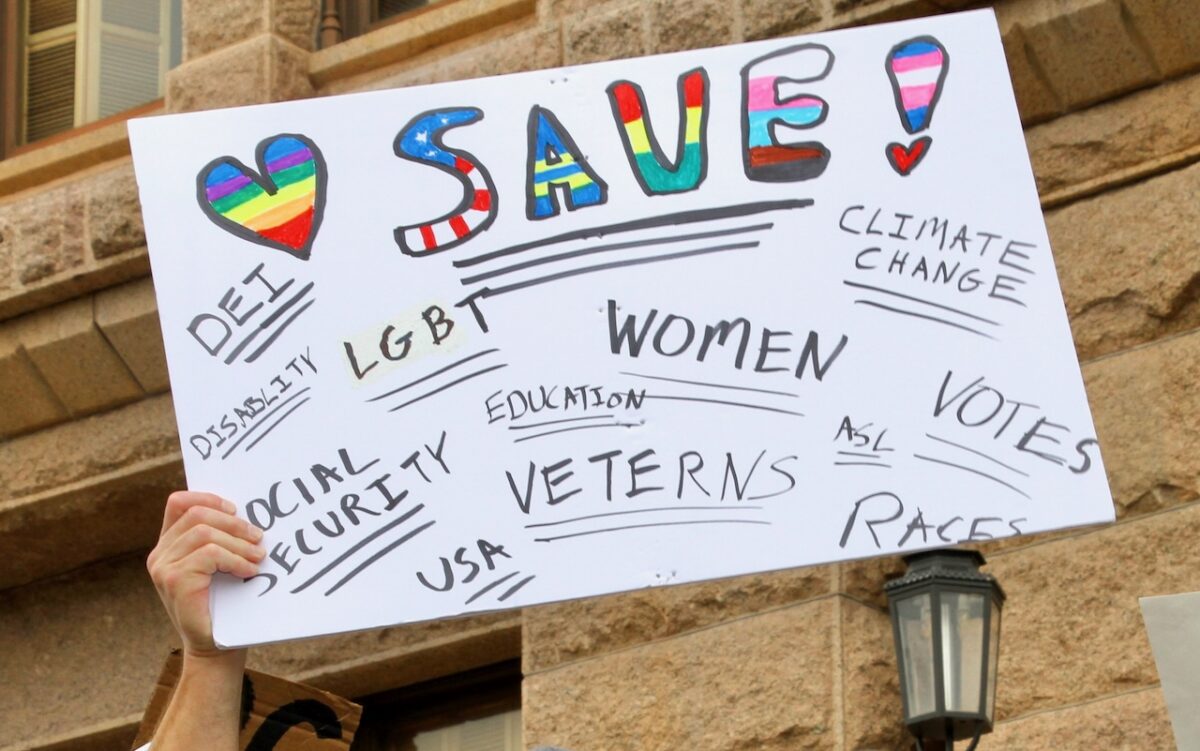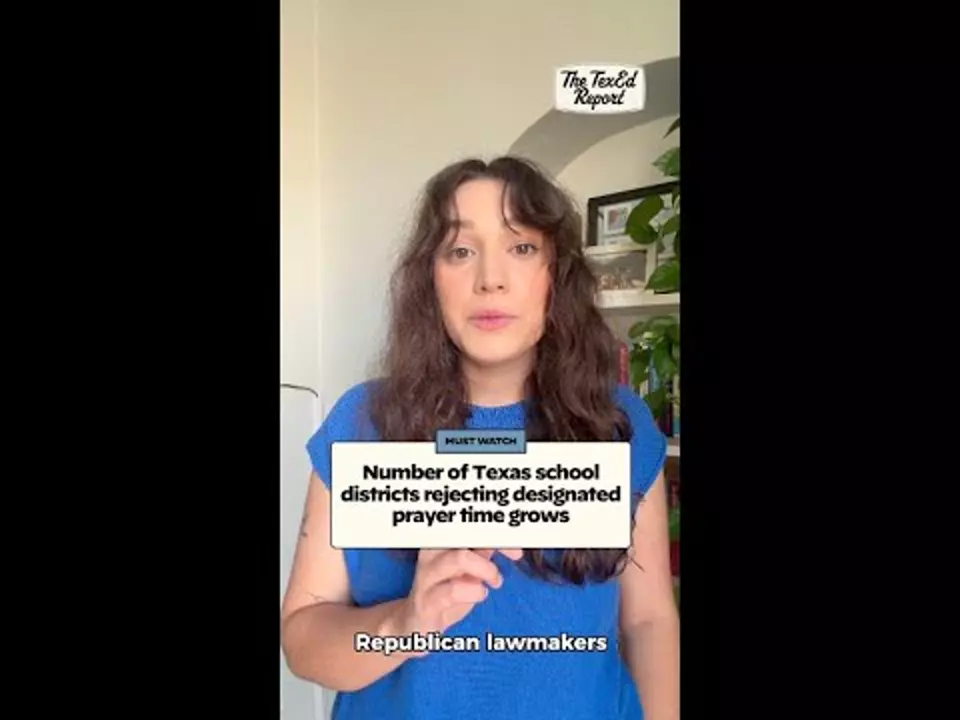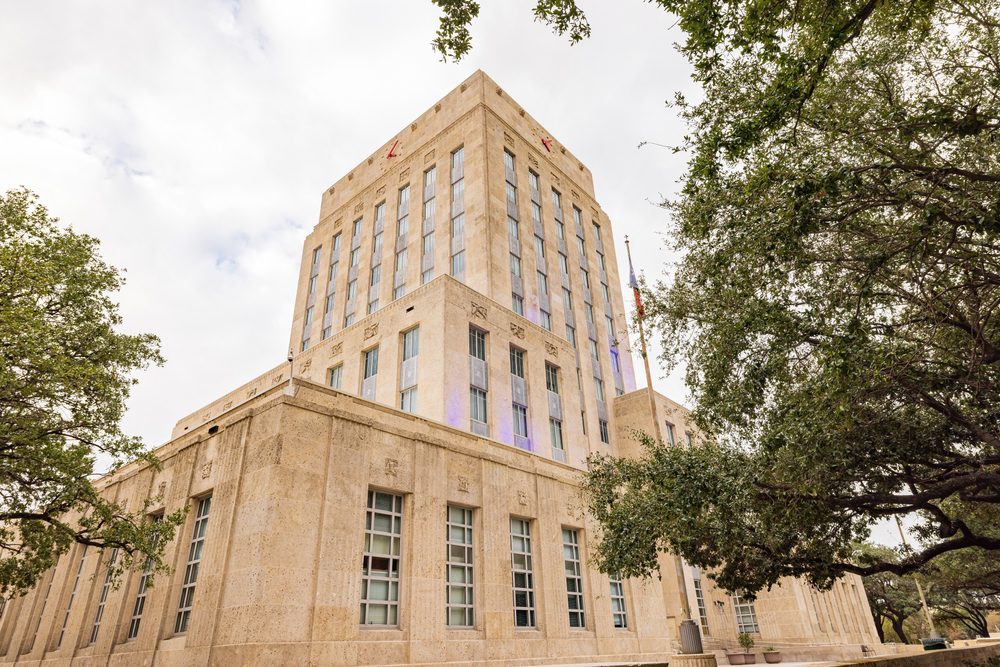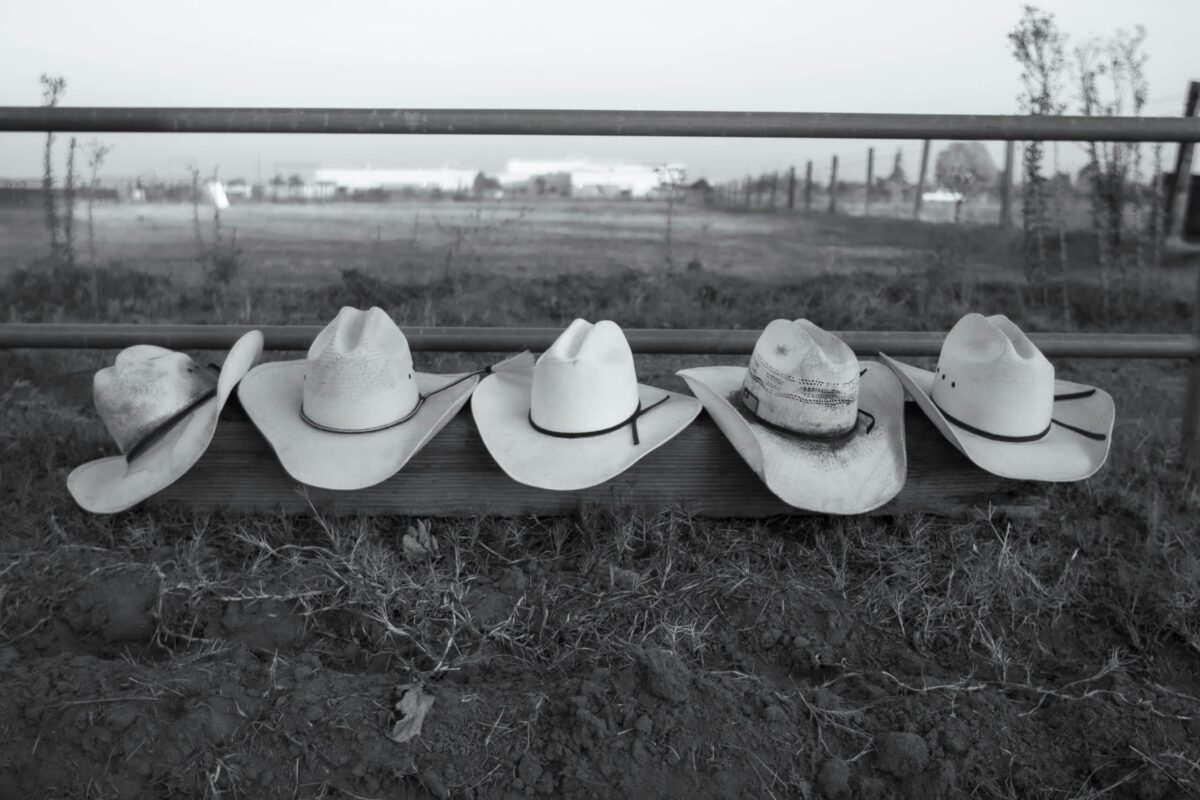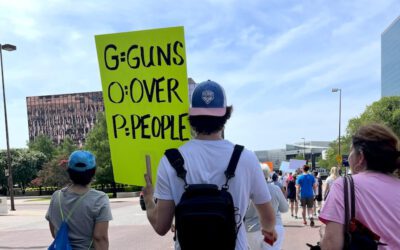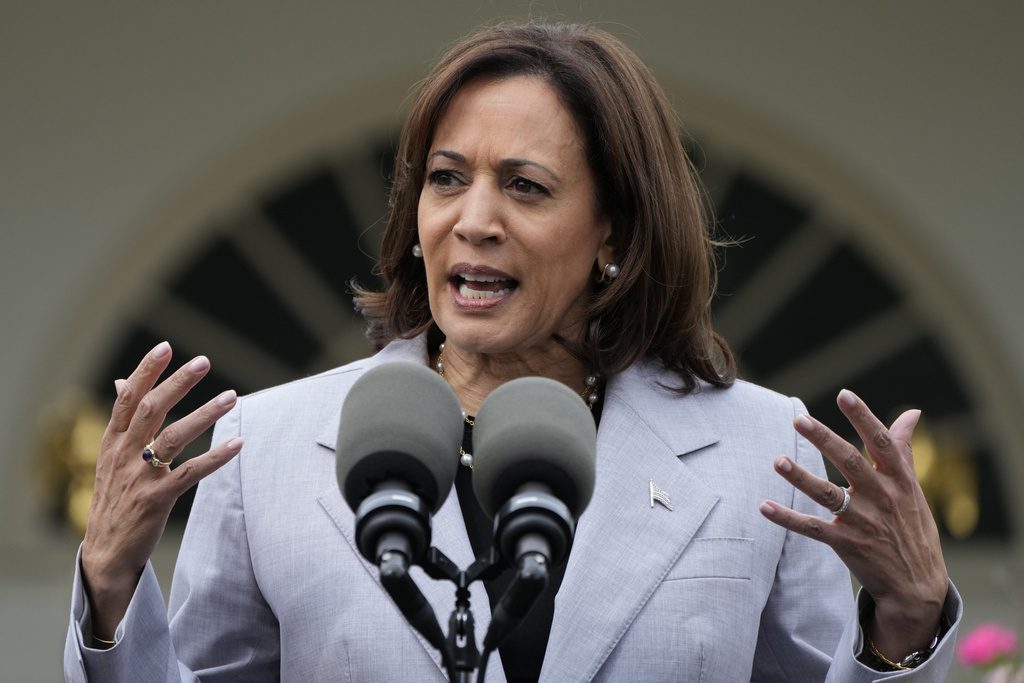
Vice President Kamala Harris speaks during an event about gun safety on Friday, Sept. 22, 2023, in the Rose Garden of the White House in Washington. (AP Photo/Jacquelyn Martin)
While serving as San Francisco’s district attorney, Harris became known for prosecuting domestic abusers. As attorney general of California, her office investigated and seized firearms from those who unlawfully possessed them. And as a US senator, she co-sponsored bills to ban assault weapons.
Now that President Joe Biden has dropped out of the 2024 presidential race and endorsed Vice President Kamala Harris as the Democratic nominee, Harris’ record on the issues is getting a lot of attention.
One of these issues is gun violence–and Harris has been a longtime advocate for gun safety and efforts to reduce gun violence.
Let’s take a look.
Harris’ work on gun violence before the White House
Addressing gun violence was a central issue for Harris long before she became vice president of the United States.
In 2003, during her first campaign to be San Francisco’s district attorney, she promised to better address gun crimes if elected. While campaigning against incumbent Terence Hallinan, Harris claimed he wasn’t doing enough to address the city’s gun violence.
“The district attorney should be one of the loudest voices of outrage that we have 24 cases this year alone involving people being killed who are under 25,” Harris said while surrounded by community activists at San Francisco’s Hall of Justice that year.
On the campaign trail, Harris promised more aggressive prosecution of gun crimes if elected, and vowed to work with community leaders to create a program aimed at keeping minors away from firearms—both of which she accomplished.
After she was elected, she opposed pretrial release for those charged with gun crimes, and became known for prosecuting domestic abusers. Additionally, Harris worked with then-San Francisco Mayor Gavin Newsom to develop stronger local gun regulations.
When the US Supreme Court was considering the landmark DC v. Heller case in 2008, Harris also led a group of prosecutors from around the country in trying to convince the justices that reinterpreting the Second Amendment to allow much more widespread and easier access to guns would endanger state and local firearm laws. The group was ultimately unsuccessful, and the court ruled that under the Second Amendment, private citizens have the right to possess a firearm in “historically established situations” such as “self-defense in a home, even when there is no relationship to a local militia.”
In 2010, Harris was elected attorney general of California and became even more well-known for her work addressing crime and gun violence.
Her office worked closely with the California Bureau of Firearms to investigate and seize firearms from those who unlawfully possessed them during her time in office. She also attempted to increase funding for an effort to seize guns from people legally prohibited from owning them and successfully lobbied for California’s red flag law, which was signed into law in 2014; red flag laws allow state courts to temporarily seize firearms from a person they deem to be a danger to themselves or others.
Harris additionally supported a measure intended to connect bullet casings from crime scenes to the guns they came from. This is known as microstamping, a process that imprints unique identifiers on bullet casings when they fire—theoretically allowing law enforcement to identify firearms used in crimes, and therefore possibly solve them. This law went into effect in 2013.
After her election to the US Senate in 2016, Harris co-sponsored bills to ban assault weapons, increase oversight of gun dealers, and enact universal background checks.
In 2020, during the presidential primary, Harris also campaigned on a platform that included the mandatory buyback of assault weapons.
Harris’ continued fight against gun violence
Harris has continued her work on gun violence as vice president, taking on a leadership role in addressing the issue on the federal level.
Last year, the White House announced the creation of the first-ever White House Office of Gun Violence Prevention to help address the systemic issue of gun violence in America; the office is overseen by Harris and aims to coordinate efforts across federal agencies to advance and implement gun safety measures.
Harris also worked closely with President Biden in 2022 to pass the Bipartisan Safer Communities Act, the most significant gun violence prevention legislation in nearly 30 years.
The law—which was passed following the devastating school shooting in Uvalde, Texas—enhanced background checks for prospective gun buyers under the age of 21, requiring law enforcement authorities to have time to examine juvenile records, including mental health records for those prospective buyers.
The law also funds community-based violence interruption programs and provides funding to incentivize states to pass “red flag” laws that allow officials to temporarily take away guns from people deemed in court to be a threat to themselves or others.
The law also makes it more difficult for domestic abusers to buy guns by adding anyone convicted of domestic violence to the National Instant Criminal Background Check System.
In March, Harris also visited the site of the Parkland school shooting, which in 2018 resulted in the deaths of 17 people, and injuries to over a dozen others. During her visit, she announced the launch of a national center to help increase the effectiveness of red flag laws.
March for Our Lives, the gun violence prevention group created in 2019 following the Parkland shooting, endorsed Harris for president this week, marking the group’s first-ever political endorsement.
“Kamala Harris has proven herself to be a thoughtful and forceful leader on gun violence, who has time and again listened to young people and fought for our lives,” David Hogg, co-founder of March For Our Lives and survivor of the Parkland shooting, said in a statement.
Other gun safety groups, such as the Community Justice Action Fund and the Everytown for Gun Safety Action Fund, as well as its grassroots networks, Moms Demand Action and Students Demand Action, have also endorsed Harris for president.
During her first campaign appearance on Monday in Delaware, Harris said that addressing gun violence will remain one of her main priorities as president, should she be elected in November.
“The baton is in our hands,” she said. “We who believe in the freedom to live safe from gun violence-–and that’s why we will work to pass universal background checks, red flag laws, and an assault weapons ban.”




